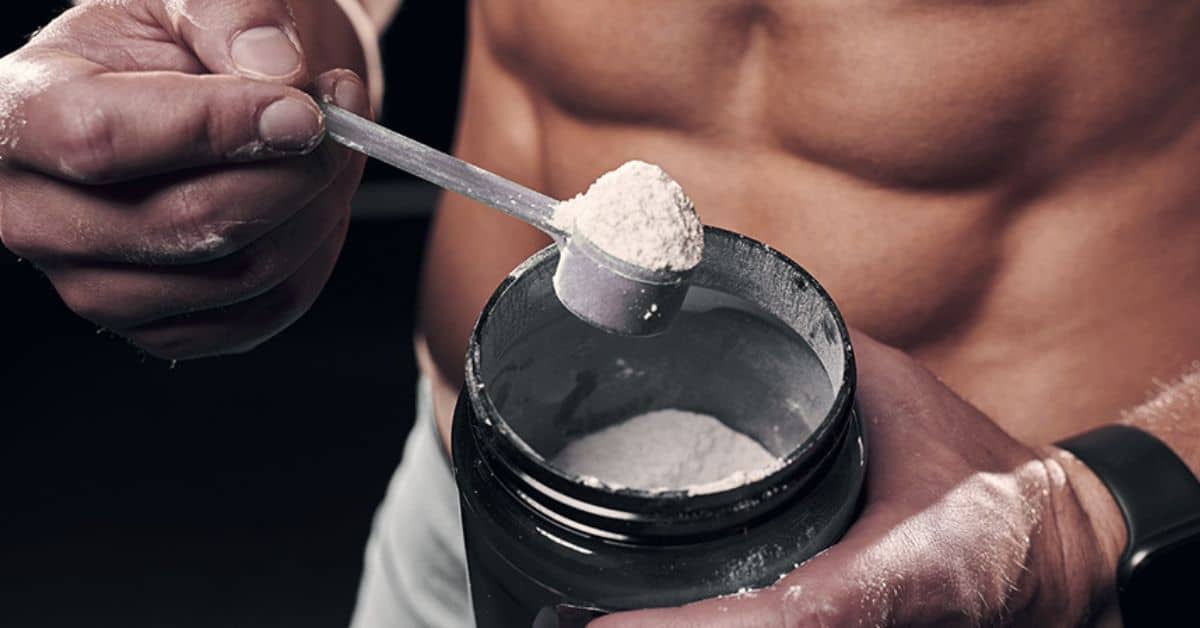Debunking Creatine Myths: The Truth Behind This Popular Supplement
Creatine is one of the most researched and widely used supplements in the fitness world, but it’s also surrounded by a lot of myths. From hair loss to kidney damage, there are many misconceptions floating around on the internet. In this article, we’ll address these myths and provide clarity on the real facts about creatine.
What is Creatine?
Creatine is a natural compound found in our muscles, which helps provide energy during high-intensity workouts. It plays a crucial role in enhancing recovery, increasing muscle mass, and improving overall strength.
Our body produces creatine from amino acids, but you can also find small amounts in food sources like meat and fish. However, it’s nearly impossible to meet the body’s creatine needs through natural sources alone, especially for vegetarians, which is why many people turn to creatine supplements.
Myth 1: Creatine Causes Hair Loss
One of the most common myths about creatine is that it causes hair loss. This myth stems from a 2009 study involving rugby players. The study found a slight increase in DHT (dihydrotestosterone) levels after creatine supplementation, and DHT has a known connection to hair loss.
However, this was just one study, and numerous subsequent studies have found no solid link between creatine and hair loss. You can consume creatine without worrying about your hair falling out.
Myth 2: Creatine Causes Muscle Cramps
Some people believe that creatine causes muscle cramps, but this is not directly linked to the supplement. If you experience cramps after starting creatine, it’s usually because you’re not drinking enough water. Creatine requires increased hydration to be effective, and when your water intake is low, muscle cramps can occur.
In fact, a 2003 study on college athletes showed that creatine did not lead to muscle cramps or injuries when proper hydration was maintained.
Myth 3: Creatine Leads to Digestive Issues
Digestive issues like gas, bloating, or constipation are sometimes reported by people who take creatine, but these side effects are often the result of improper use. Taking an overdose or consuming creatine on an empty stomach can lead to discomfort.
To avoid digestive problems, stick to the recommended daily dose of 3 to 5 grams, take it with meals, and ensure you’re using a high-quality creatine product. If you’re still experiencing issues, consider trying a creatine blend like HealthXP’s Creatine Matrix, which contains three forms of creatine (Monohydrate, HCL, and Nitrate) to enhance absorption and performance.
Myth 4: Creatine Damages the Kidneys
Another widespread myth is that creatine damages the kidneys. This confusion arises because of creatinine, a waste product produced when the body processes creatine. When you take creatine supplements, your body produces more creatinine, which can slightly elevate creatinine levels in blood tests.
However, increased creatinine does not equate to kidney damage. Extensive research shows that creatine is safe for kidney health when taken at the recommended dosage.
Myth 5: Creatine Causes Water Retention
Yes, creatine does cause water retention, but this is often misunderstood. Creatine increases intracellular water retention, meaning it helps your muscles retain water, which is beneficial for muscle hydration, recovery, and nutrient delivery.
This is not the same as extracellular water retention, which can cause bloating. Proper water intake along with creatine supplementation ensures that your muscles stay hydrated without causing fatigue or cramping.
Are There Any Side Effects of Creatine?
Creatine is one of the most well-researched supplements available, and no major side effects have been found when it’s taken correctly. Problems can occur if you exceed the recommended dose or use low-quality creatine products that contain impurities like heavy metals.
To avoid any issues, stick to high-quality creatine and follow the standard dose of 3 to 5 grams per day. When used properly, creatine is a safe and effective supplement for enhancing muscle mass, performance, and recovery.
# 20 Common Myths About Meditation: Myth Vs Reality
Conclusion
Creatine is a powerful supplement that has been proven safe when used correctly. The myths surrounding hair loss, muscle cramps, digestive issues, kidney damage, and water retention are either misunderstandings or based on misinformation.
By following the recommended dosage and ensuring proper hydration, you can enjoy the many benefits of creatine without worrying about these myths.
This structure breaks the content down into sections, making it easier to read and understand while addressing common concerns about creatine one by one.

[…] # Debunking Creatine Myths: The Truth Behind This Popular Supplement […]
[…] # Debunking Creatine Myths: The Truth Behind This Popular Supplement […]